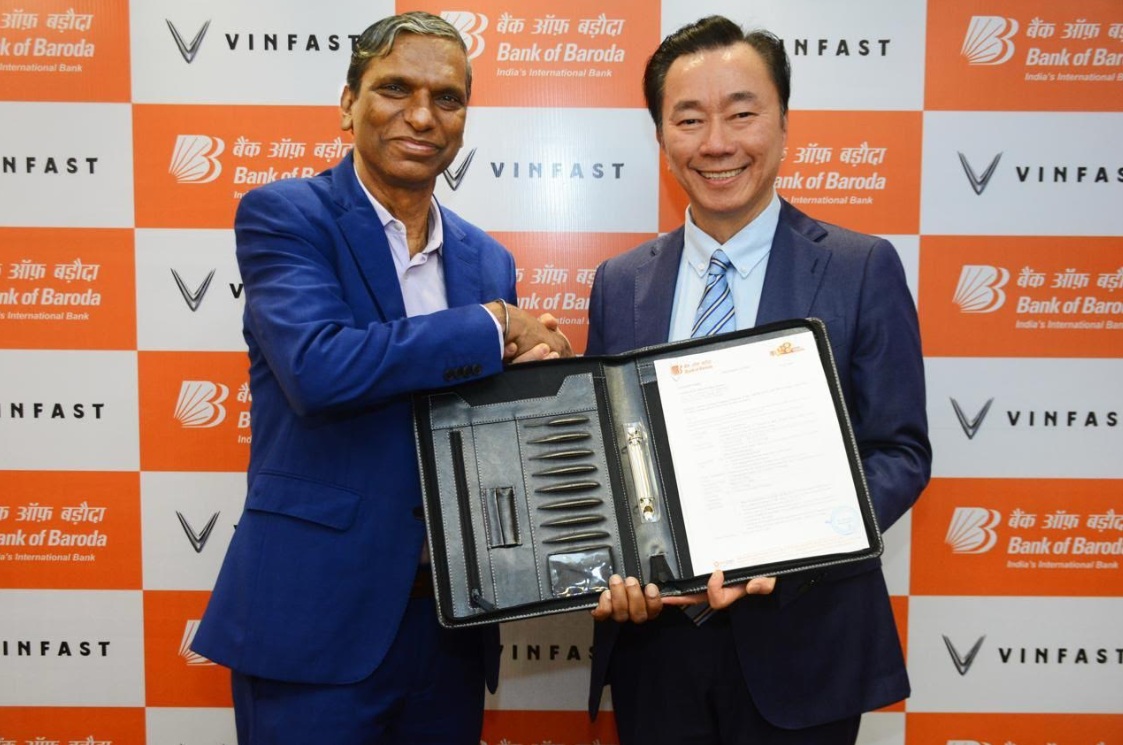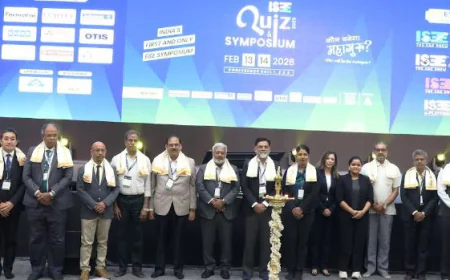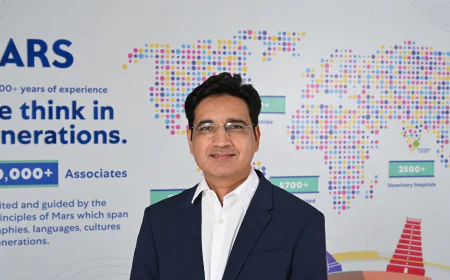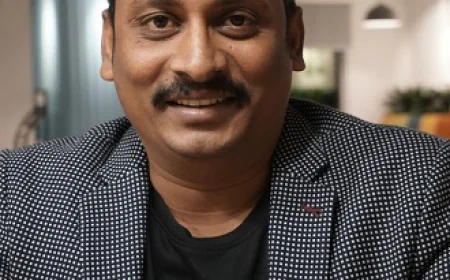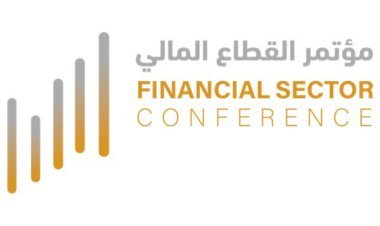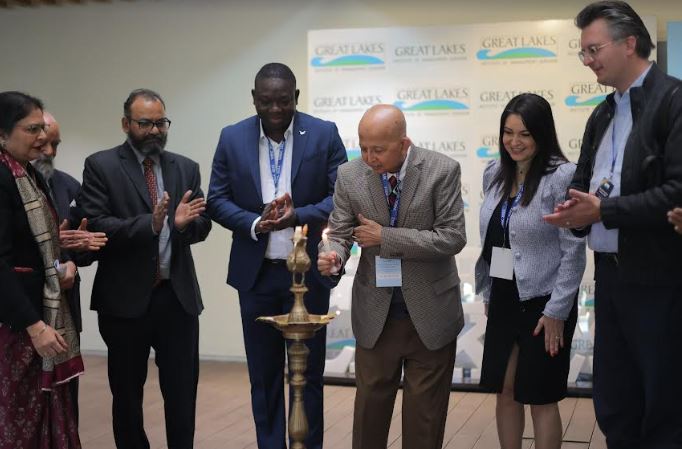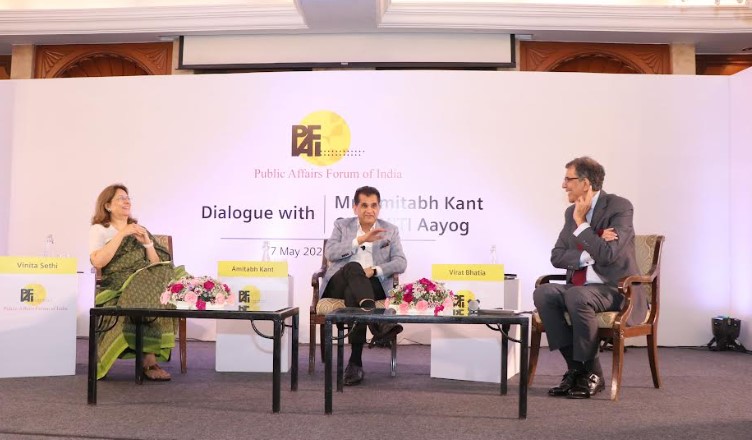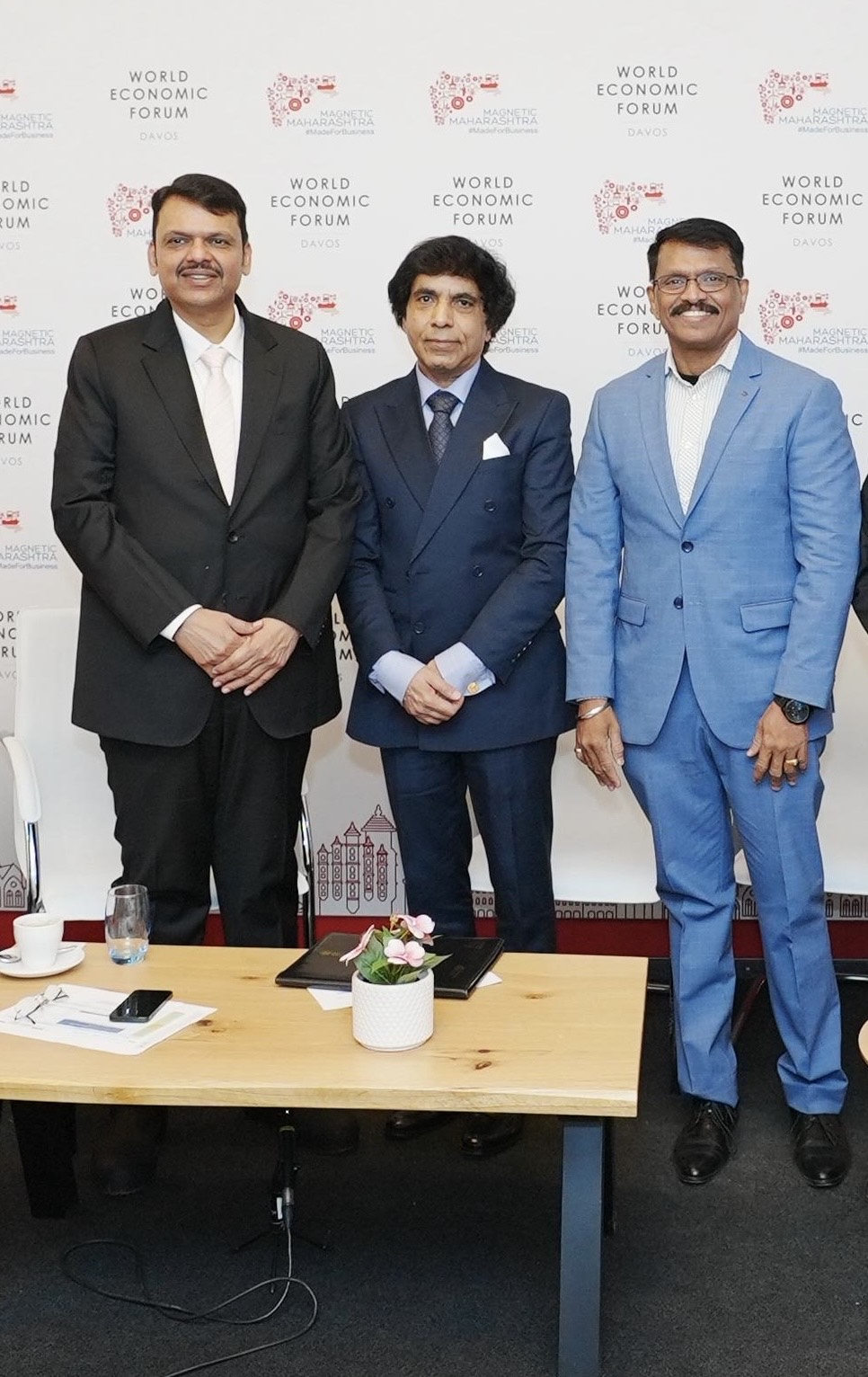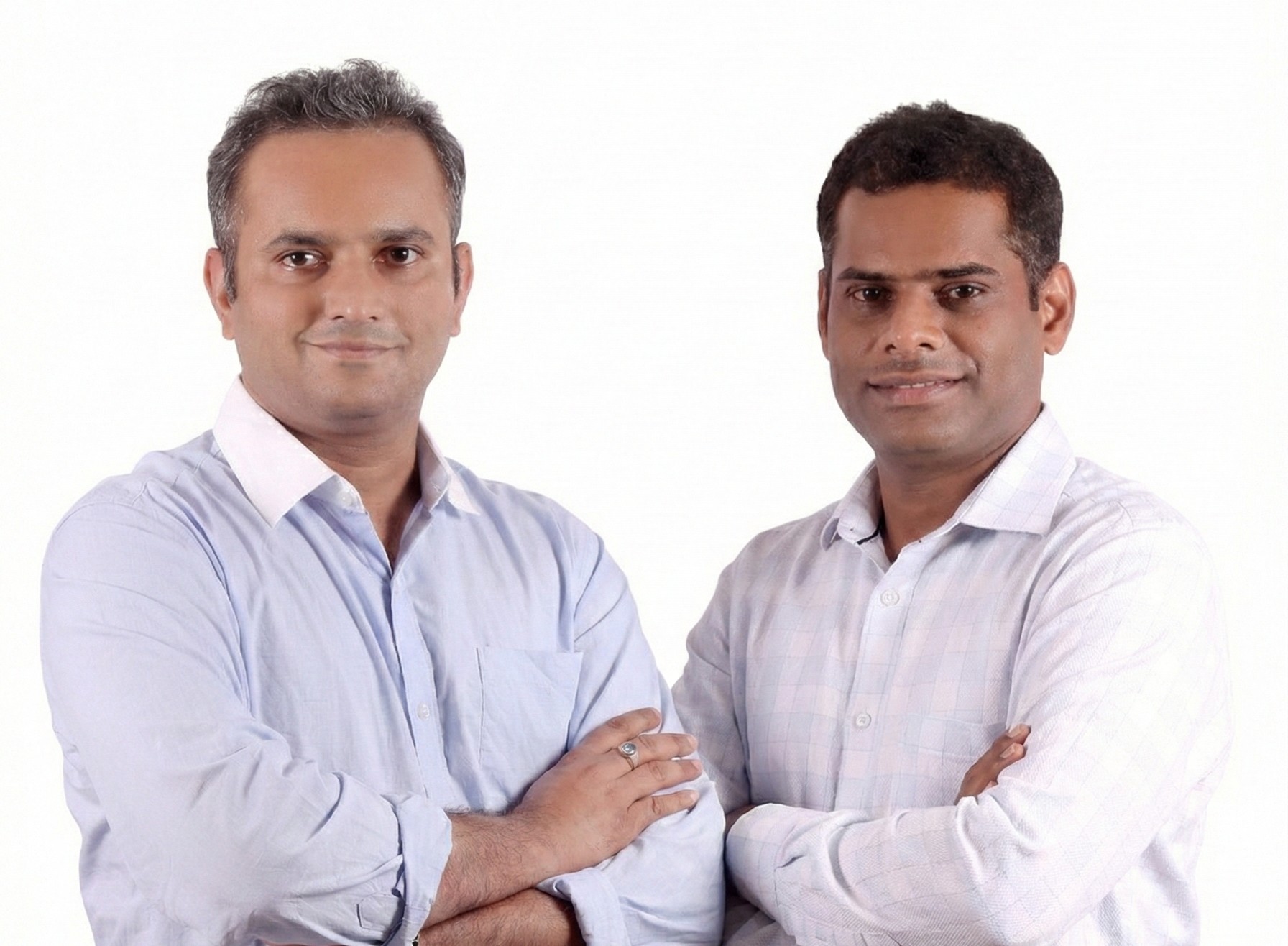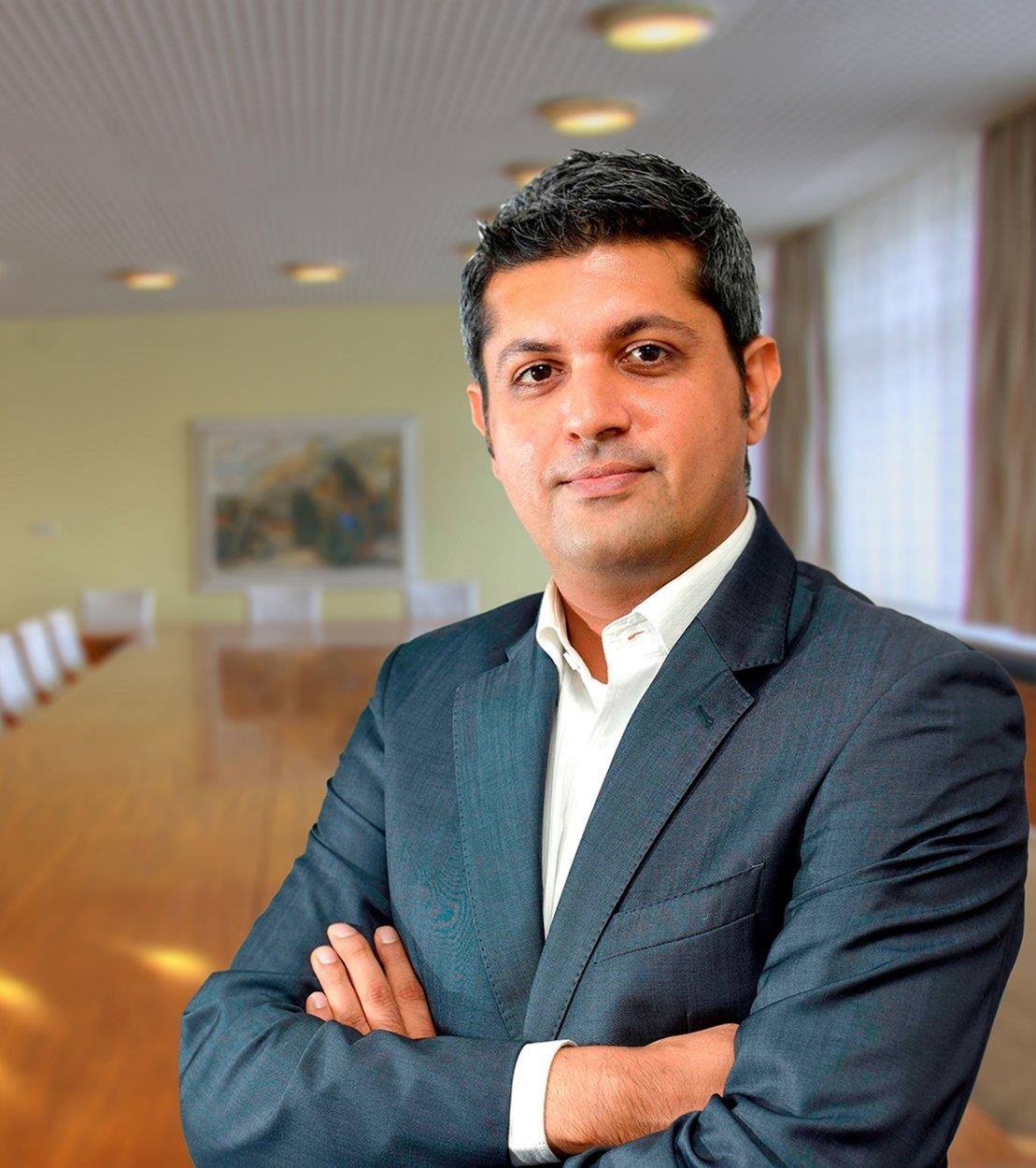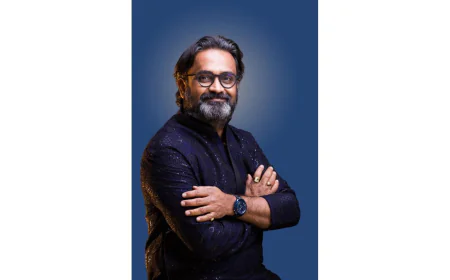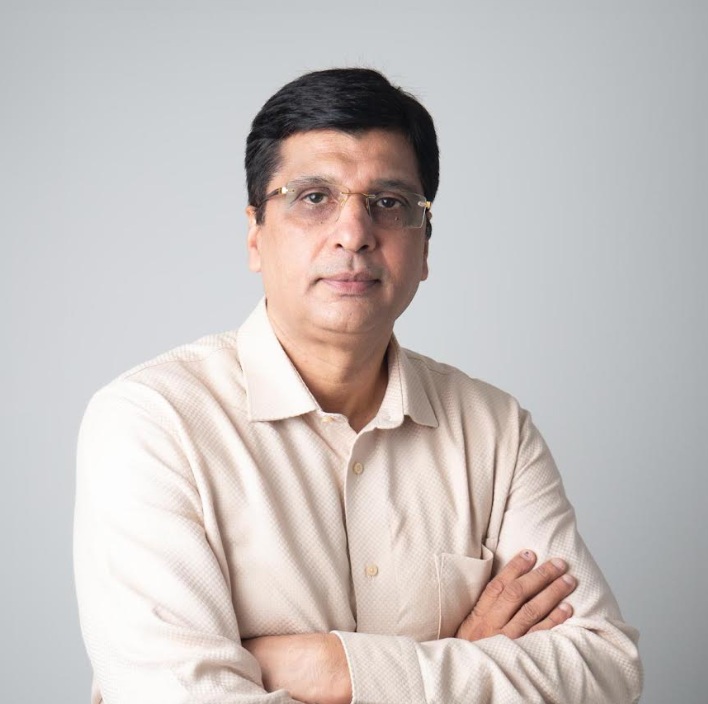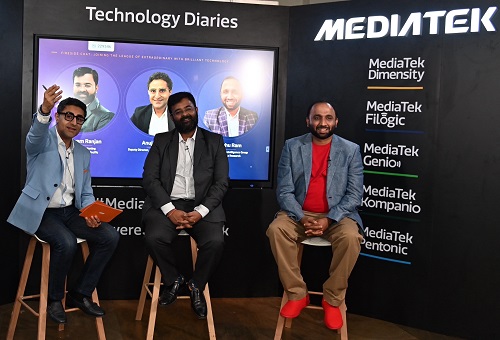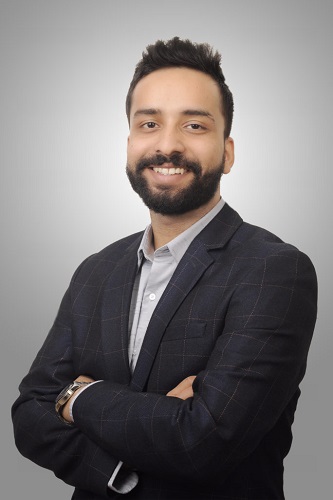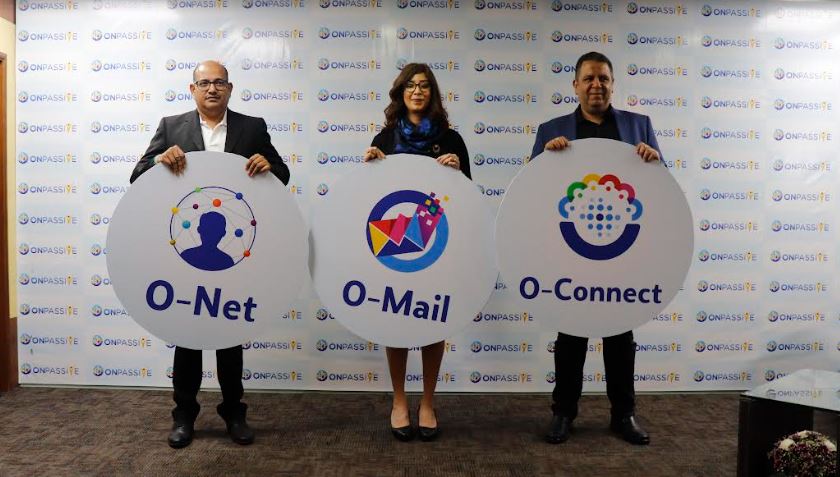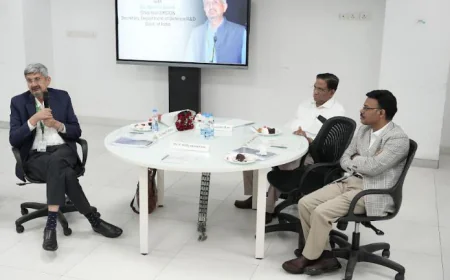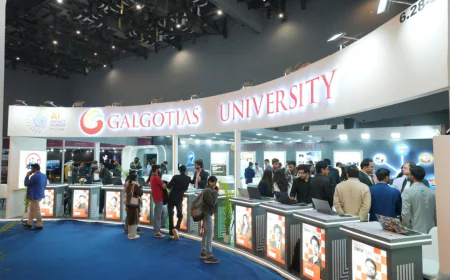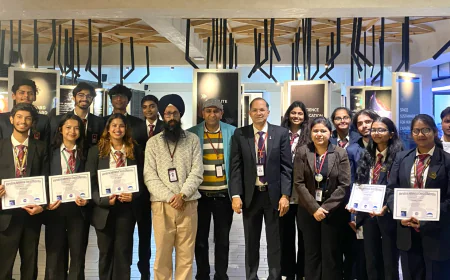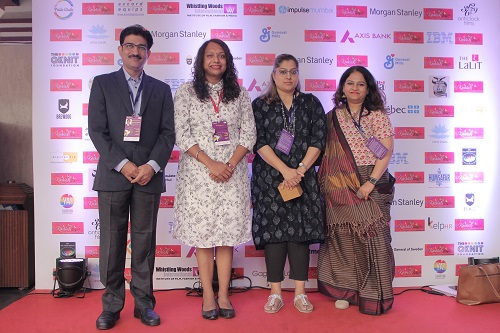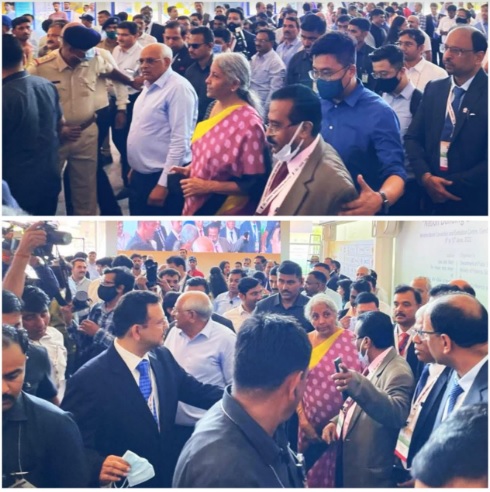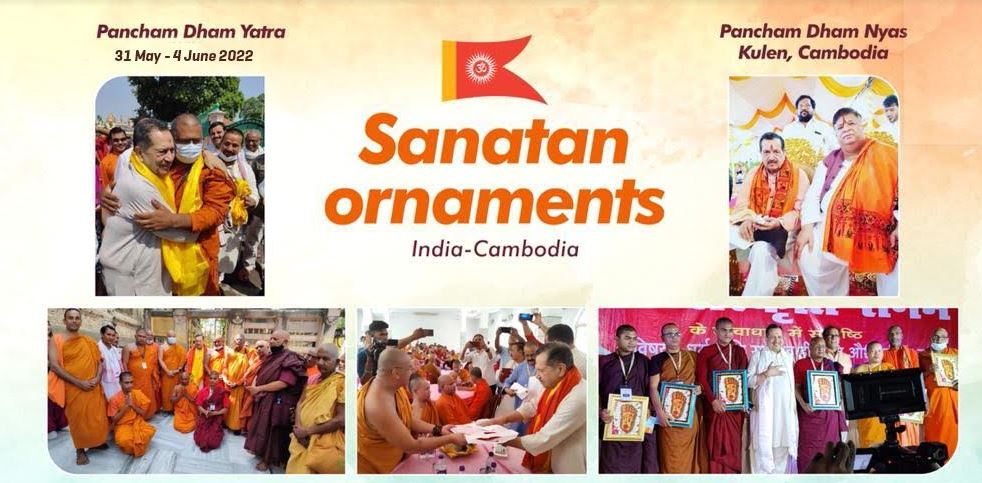Workshop on Increasing Cultivation and Consumption of Biofortified Crops through a Partnership-Based Integration System
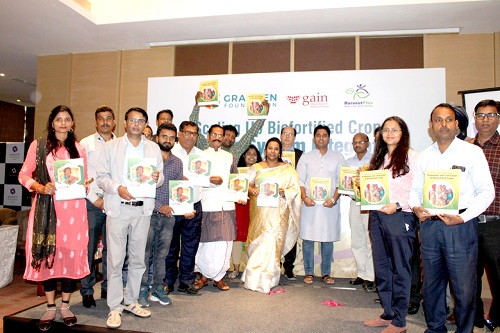
Grameen Foundation India (GFI), together with Global Alliance for Improved Nutrition (GAIN), and HarvestPlus hosted a one-day workshop on the "Scaling up Biofortified Crop through System Integration" in Lucknow on Wednesday, 9 November 2022.
 |
Panelists and some participants at the event with copies of GFIs impact study
What was billed as a workshop widened to a lively interactive session in which the participants were government officials, representatives of farmer-producer organizations and civil society members apart from GFI and its partners.
Want to get your story featured as above? click here!
Want to get your story featured as above? click here!
Mr Ravinder Grover, Program Lead (Global) of HarvestPlus, led the discussions on the concept of cultivating biofortified crops to address hidden hunger and the resultant malnutrition.
The workshop's objective was to provide the findings and outcomes of GFI's recently-conducted research study while also discussing the changes brought about by the implementation of the project connected to the growing of biofortified crops.
Biofortified crops, in this case wheat fortified with zinc, was tried out in nine districts of the Purvanchal region of Uttar Pradesh via 1,004 small and marginal farmers who are members of 27 farmer-producer organizations (FPOs). The project was implemented with financial and technical support of GAIN and HarvestPlus, and led by GFI's project director, Mr Rajnikant Prasad.
The project aimed at making a beginning in eradicating micronutrient deficiency in the region by increasing the uptake of consumption and cultivation of biofortified crops.
The workshop was attended by eminent researchers, government and line departments, implementing organizations, and donor organizations. Presiding over the event was the state mission director of the Uttar Pradesh State Livelihood Mission, Ms C. Indhumathy (IAS), who encouraged the FPOs to take up the cultivation of biofortified crops through inter- and intra-departmental cooperation. She also called for helping women and women farmers become financially independent through various interventions by public and private players.
Dr Pankaj Tripathi, Director of Agriculture, State Agricultural Management Association (SIMA), called for agricultural producer organizations to expand their activities. NABARDs General Manager, Mr Himanshu Mishra, stressed the need for financial inclusion of FPOs.
Prof. Sanjeev Kapoor from the Indian Institute of Management, Lucknow, one of the key guests, officially launched the project assessment and impact report and the case study book on the program for the production of biofortified crops in the Purvanchal region.
Dr Roopa HS, Senior Research Manager of GFI, gave a summary of the evaluation report.
A panel discussion based on the results and findings of the report was organized. The panelists were Mr Bishnu Pratap Singh (World Bank), Mr Prateek Uniyal (HarvestPlus), Ms Jyoti Roopa (GAIN), Mr Niranjan Bariyar (World Food Programme), Dr Richa Malik (Nand Ghar, Vedanta Foundation), and Mr Arabdha Das (GFI).
Mr Prabhat Labh, Chief Executive Officer, GFI, moderated the panel discussion, covering a number of topics, including the provision of micronutrients from the cultivation of biofortified crops, raising public awareness about biofortified crops through agricultural extension, and marketing of biofortified cereals.
Mr R.K. Singh, Joint Director, Government of Uttar Pradesh, and Ms Induja Rai, Director, GFI, gave the concluding remarks.
The gathering had 70 people including representatives of various FPOs, the agriculture department, institutional traders and implementing organizations.
Malnutrition includes undernutrition, overnutrition, and micronutrient deficiencies. Hidden Hunger refers to the deficiency of micronutrients in the food we consume. Such deficiencies can affect cognitive and mental development in children. Fortification is defined by the Food Safety and Standards Authority of India (FSSAI) as "the addition of key vitamins and minerals such as iron, iodine, zinc, Vitamins A and D to staple foods such as rice, wheat, oil, milk, and salt to improve nutritional value and provide a public health benefit with minimal risk to health".
Grameen Foundation India
Grameen Foundation India, a unit of US-based Grameen Foundation of Nobel Laureate Prof Muhammad Yunus, is a not-for-profit organization that specializes in designing and implementing innovative programs to help the poor access finance, livelihood opportunities, and health and nutrition information. GFI addresses demand side and supply side barriers through scalable models, the use of technology applications, and innovative partnerships. GFI's agriculture programs provide solutions to the problems that confront smallholder farmers every day - whether that is access to finance, farm inputs, weather information, technical information for farm and production management, or markets.
Follows us on: Twitter | Facebook | LinkedIn | YouTube | Instagram | GFI Website
![]()
Want to get your story featured as above? click here!
Want to get your story featured as above? click here!













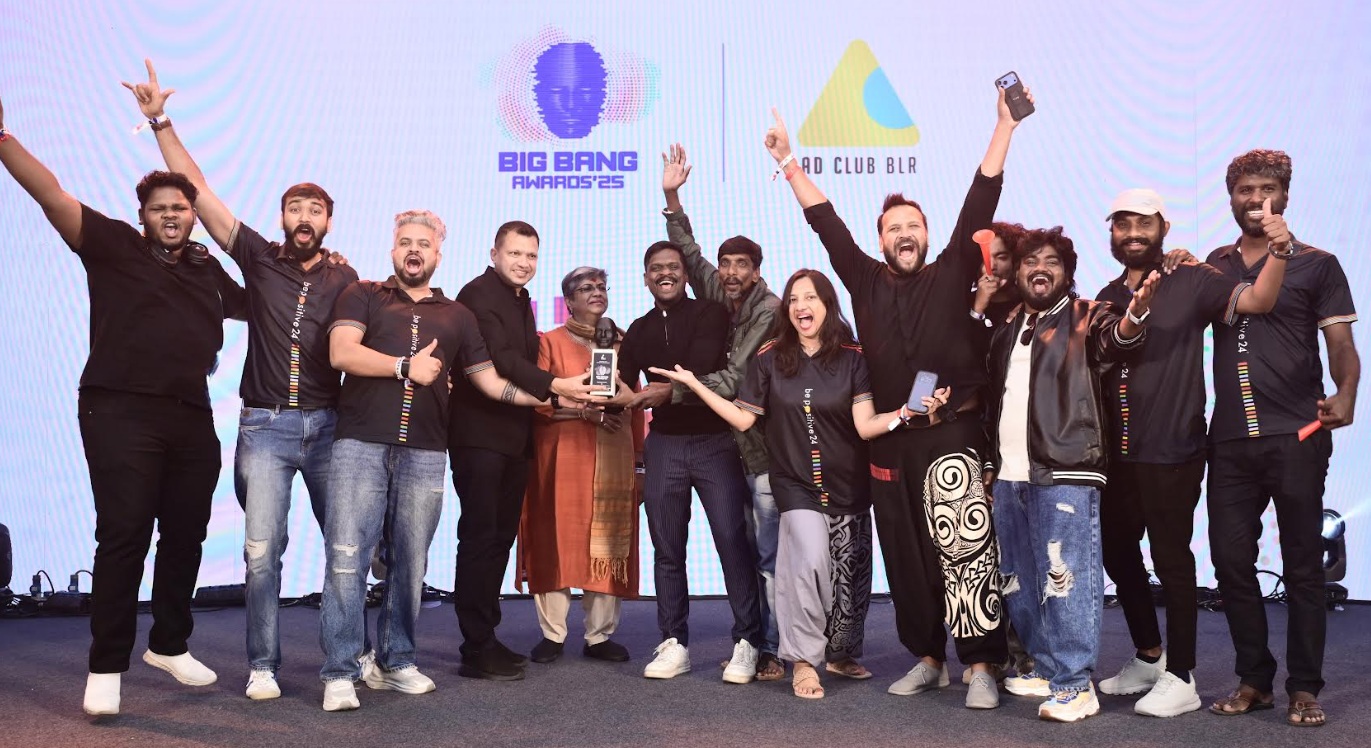


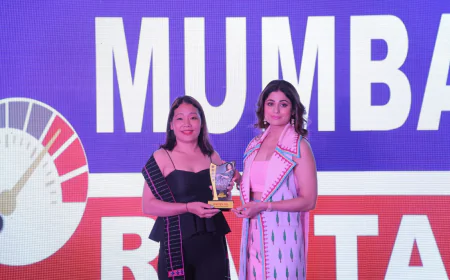
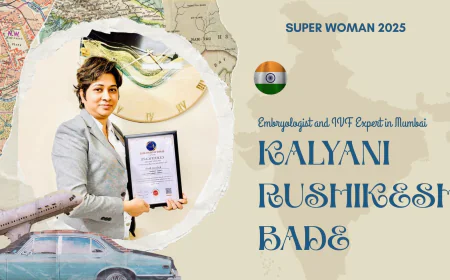

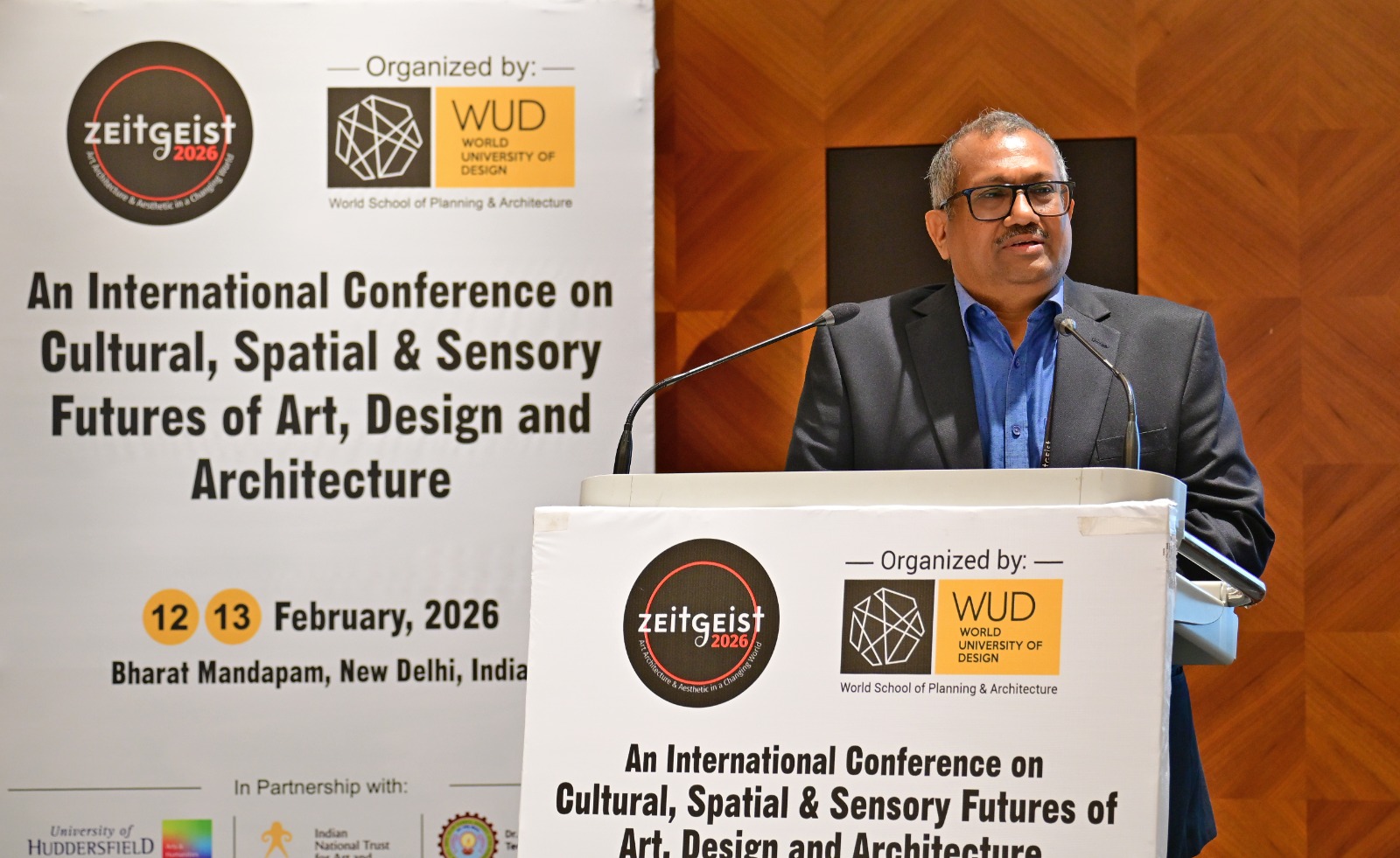


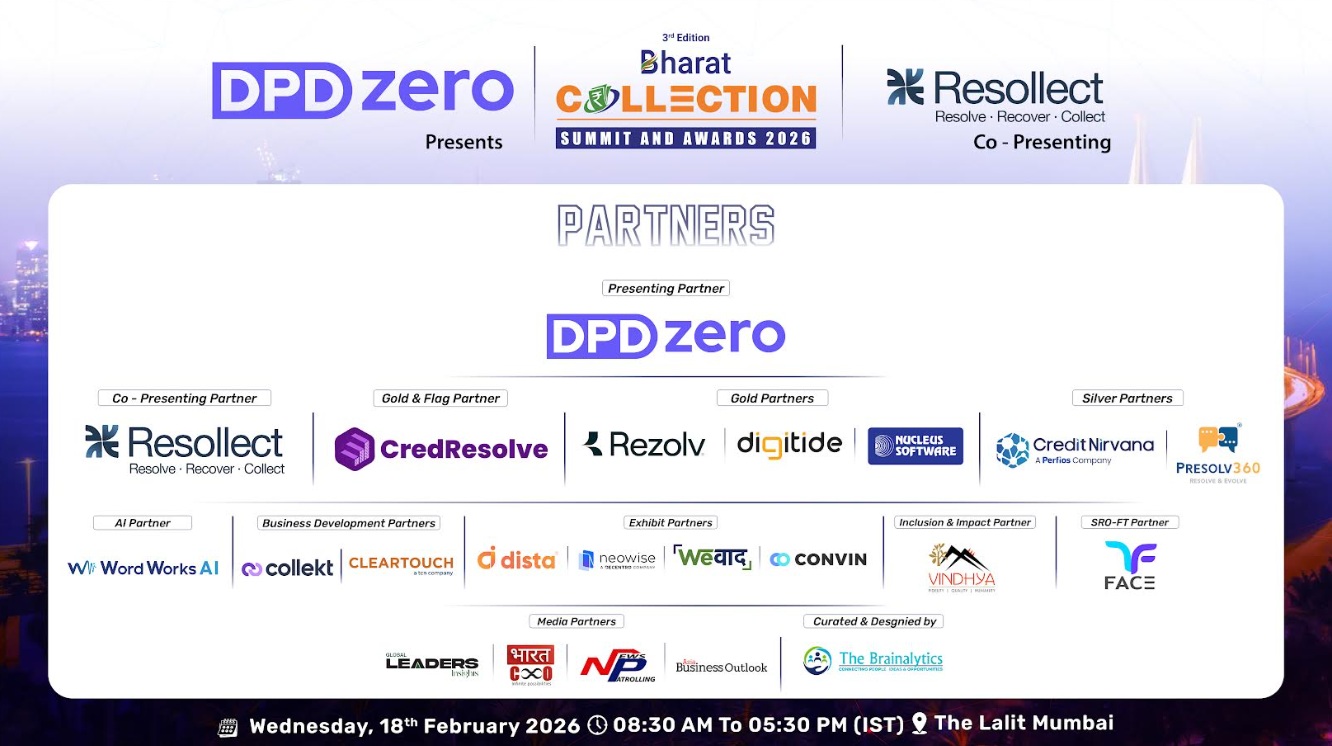

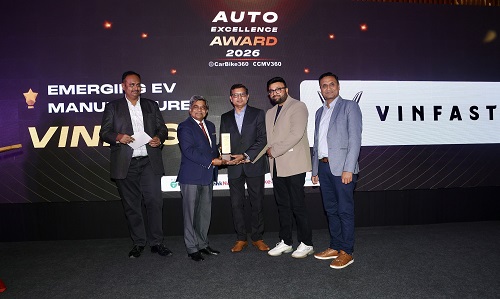

















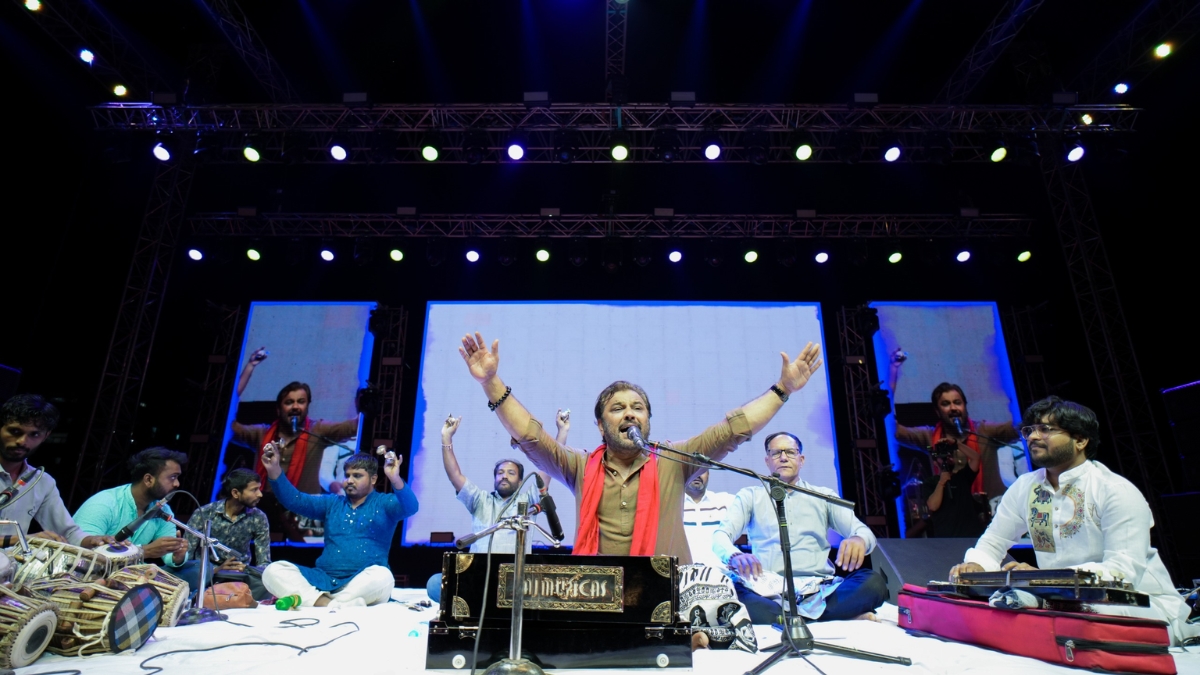





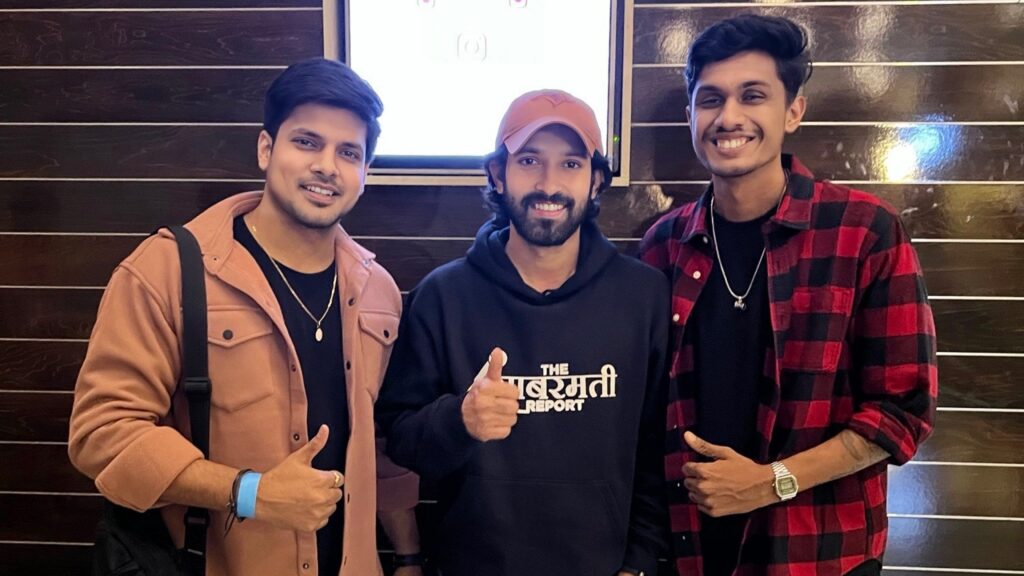


.jpg)








